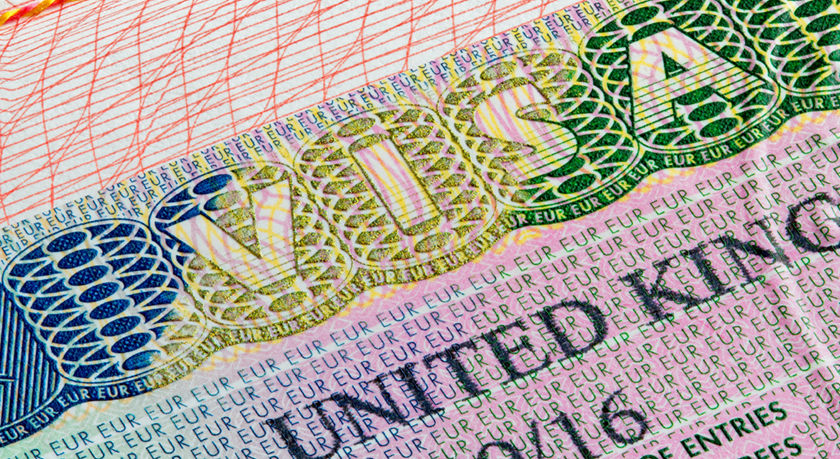Brexit, Immigration and Mobility: Open for Opportunity

No one doubts that as Brexit unfolds, organizations will continue to seek the best talent – and employees will continue to seek rewarding challenges. Neither party will limit their search to their own borders. Businesses and, presumably, governments will ensure immigration happens as easily and prudently as possible.
The challenge for business is how to stay up to speed with the evolving immigration rules and procedures in order to plan for and maintain a value-added Mobility program.
At this time, organizations must get a firm handle on some fundamental issues: How many European Economic Area national employees do they have? What are these employees’ roles? What is their tenure within the EU? What are their skills and salary levels?
We’ll present the latest, informed insights into likely scenarios for the post-Brexit immigration landscape in London on May 15th at the insideMOBILITY® Brexit Consortium – a networking and panel event featuring key government officials and experts from Graebel, PwC, DLA Piper and BAL.
The immigration debate now centers on a handful of issues, including whether EU nationals in the UK can access the European Court of Justice, whether EU nationals who currently hold permanent residency will need to apply for settled status and how family members of EU nationals will be treated after Brexit. Preparing for a curtailment in free movement would be wise – and it could reap fresh efficiencies for companies that anticipate and plan appropriately.
Jaspreet Randhawa, Senior Immigration Manager at BAL London, sees reason for optimism. “We have an opportunity in Britain to simplify our regulations and we know that the Home Office is coming up with initiatives, ideas and processes with the potential to streamline immigration application procedures for EU nationals here and in the EU.”
Emily King, MD for BAL Europe, agrees. “We have a window of opportunity to look beyond the United Kingdom and the EU to see which countries might be operating a better immigration system. Some EU nations are very open, some not so much, but many people are tackling the same problem. Through sharing multiple suggestions, knowledge and direct experience, we can devise an efficient system that works for the UK, its industries and the people who are key to progress and success.”
Adds Randhawa: “I think people at the Brexit Consortium [event] will be interested to know how other peer companies are dealing with immigration, for example in terms of budget perspectives and supporting individuals, and how those companies are coping with talent acquisition and retention. The event offers a front-row seat with access to contacts and the perspectives behind the policies and processes that are coming into play.”
Gareth Johnson MP, Parliamentary Private Secretary to David Davis of the Department for Exiting the European Union will host the session and Lord Callanan, Minister of State at the DfEEU will provide opening remarks. To register for the insideMOBILITY Brexit Consortium, held in the House of Commons, Terrace Pavilion on Tuesday, May 15, 2018, 08:30-10:30, contact Jane Olsen. NB: This event is open to leaders and managers of Global Mobility, HR and Reward and requires a hard copy invitation for entry.
The Brexit Consortium
The Brexit Consortium aims to drive discussion amongst Senior Global Mobility and HR teams when considering the impact of Brexit on all areas of your mobility program planning, including Tax, Immigration, Employment Law and Relocation. Be sure to read related articles and join the conversation on social media with #IMBrexit.
- Relocation Planning in the New Brexit Landscape >>
- Brexit, Taxation and Mobility Planning: Right Questions, Right People, Right Now >>
- Brexit, Mobility and Employment Law: A Work in Progress >>
About insideMOBILITY®
insideMOBILITY is an entity presented by Graebel that hosts events that are designed to help professionals from Global Mobility, HR, C&B and Reward become better at their jobs. In these forums, key people in the industry from around the region meet with their peers, share ideas and connect with industry experts.